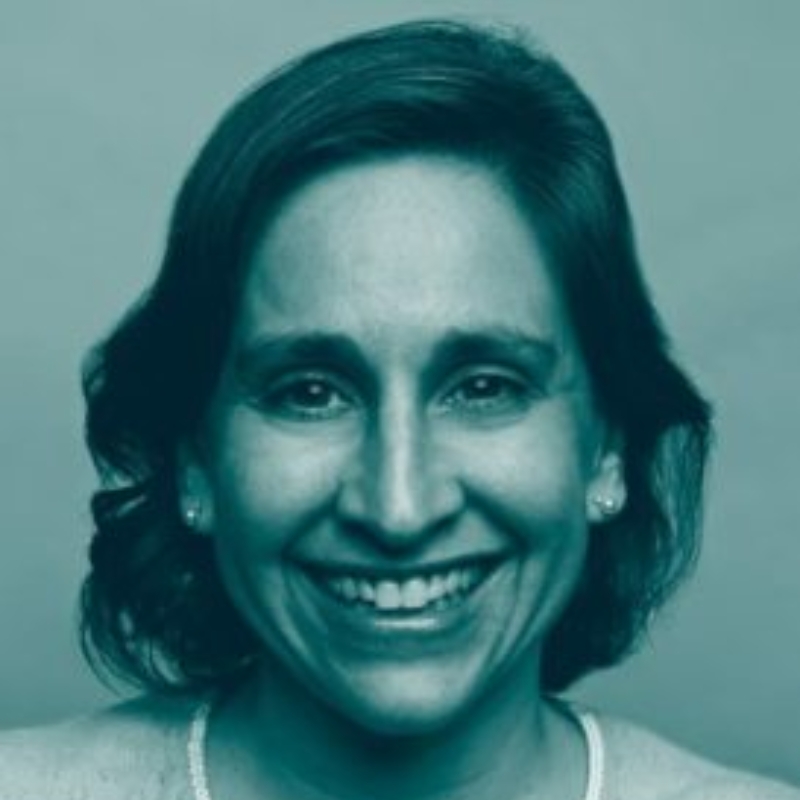V’eleh sh’mot b’nei yisrael ha’baim mitzraima.
And these are the names of the children of Israel who came to Egypt. Every man and his household came with Jacob: Reuben, Simeon, Levi, Judah, Issachar, Zebulun, Benjamin, Dan, Naftali, Gad and Asher. And it was that every soul who came from the loins of Jacob totaled 70 souls. (Exodus 1:1-5)
V’eleh sh’mot, “and these are the names,” the book of Exodus begins. Yet, where are the names? The early portion of Parshat Shemot is characterized not by names, but rather by a sense of anonymity. The introductory nature of the opening verses creates the expectation that we are about to meet new characters, but we read only the familiar names of Jacob and his sons; their offspring are lumped together as “70 souls.” As the narrative progresses, the text repeatedly refers to the people as one unit — “the people,” “the children of Israel,” and “the Hebrews” — leading the biblical scholar Nechama Leibowitz to describe the nation as “characterless and faceless, devoid of personalities.” (New Studies in Shemot)
Find more commentaries on Shemot.
Chapter two continues in a similar vein. As the Torah narrates Moses’ birth and adoption by Pharaoh’s daughter, the text seems to go out of its way to avoid naming the characters, referring to them only as “man,” “woman,” “son,” “daughter,” “sister,” “child.”
V’eleh sh’mot. Yet where are the names?
In this landscape of obscurity, the three characters who are named in these early chapters stand out in strong relief. First, we meet Shifra and Puah, midwives who provide their services to the Israelite community. They are characterized by their willful defiance of the royal decree to kill the male Hebrew children: Shifra and Puah, “fearing God, did not do as the king of Egypt told them: they let the boys live.” (Exodus 1:17)
It would not be unreasonable to question the midwives’ motives, to argue that in fearing a divine punishment more severe than Pharaoh’s, they act primarily in their own self-interests. However, in commenting on the midwives, Rabbi Samuel David Luzzatto (also known as Shadal) writes that “whoever has a god…will recoil from massacring innocent children,” painting these women as agents of moral clarity who act in accordance with their religious values. (Shadal’s commentary on Exodus 1:15)
Find more commentaries on social justice: leadership and philosophy.
Soon after, the young man who has previously been referred to as “son,” “child,” and “youth,” is finally named: Moses. As with the midwives, the text juxtaposes Moses’ naming with acts of opposition to injustice: He kills an Egyptian beating a Hebrew slave; when he comes across two Hebrews fighting with each other, he chastises the oppressive party; and he drives away a group of Midianite shepherds who are preventing seven sisters from drawing water for their family’s flocks. On these three episodes, Leibowitz comments: “Each of [them] represents an archetype. First, he intervenes in a clash between a Jew and a non-Jew, second between two Jews, and third between two non-Jews. In all three cases, Moses championed the just cause.” She notes that this progression reveals Moses’ commitment to the value of justice, applied universally, as he holds his own people and those from other nations to the same standards.
The Torah deems Shifra, Puah, and Moses worthy of being named on the basis of their efforts to subvert the injustice that surrounds them. These leaders should push us to ask ourselves if we are fully inhabiting our named identities as we face today’s moral challenges. Though we are millennia away from our ancestors’ Egypt, a new political reality is on our horizon. What courageous action will be called for? What risks might we be asked to take?
V’eleh Sh’mot. Will our names be on the list?
Rabbi Shuli Passow serves as the chief program and engagement officer at B’nai Jeshurun in New York City, where she oversees social justice, hesed, and other adult programming. She also teaches meditation, is mother to two active boys, and tries to keep up in her study of Daf Yomi. She lives in Manhattan with her husband Rabbi David Hoffman and their sons.

